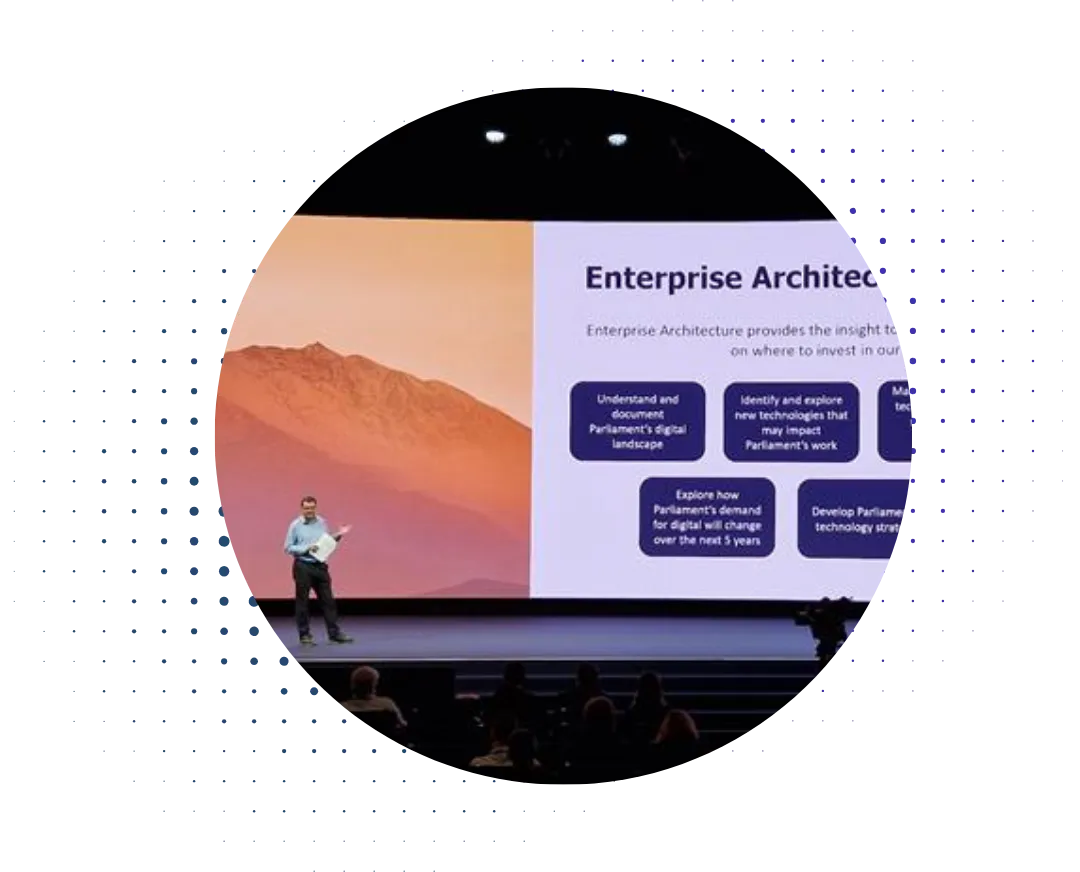Summary: To conclude, I offer some observations about how TOGAF might benefit from drawing from the alternative approach that we have seen.
It’s the natural state of affairs that people are often not completely prepared for the jobs that they are in. People get promoted, and want to get promoted. This is actually a desirable situation – someone who is in a job that they know inside out is either lazy or bored witless, neither of which bodes well for enthusiasm and energy. But it does pose the challenge of how they, and their employer, can give them the skills that they are lacking.
There’s a general move within larger organizations to adopt formal programs to manage the skillsets of employees. One of the largest growth areas in recent years is the rise of Learning Management Systems (LMSs); both for corporations, for their internal learning, and for training providers, where both course attendees and those paying for the courses can track their progress. For example, Orbus Software’s learning partner, Good eLearning has recently implemented such a system, and more than a few clients who I’ve been with in recent years has had an LMS project ongoing while I’ve been there.
At the same time, the Open Group has shown a desire to provide a training and career path for architects. As well as the more technical certifications such as for TOGAF and Archimate, there is the more holistic, experience-based certification of the Open CA program.
Certifications have historically been subject to some suspicion on the part of practitioners in the field that they apply to, and with some justification. Too many hiring managers confuse certification in one area with competence in all the other fields that the job requires. But too my mind, this is not a reason to see certifications as bad as such – the issue is with how the certifications are used by others, not with the certifications themselves.
I have a number of certifications – ITIL, TOGAF and so on – dating from my time at Orbus Software. Orbus Software actively encourages all its employees to pursue industry certifications. But I don’t see my Archimate certification as qualifying me as an architect, any more than a certification in, say, .NET would qualify me as a senior .NET developer. To me, the personal value of a certification is that it helps guide my learning. The syllabus almost serves as a reading list, whether I pursue the certification or not.
With this in mind, I think there’s a definite opportunity to define learning paths for architectural practitioners to gain the skillsets that they need. How can a practitioner gain an ‘Expert’ level of knowledge in data protection legislation (to quote one item from the TOGAF skills framework)? How can they gain a ‘Knowledge’ level of ‘International Operations’?
It seems that there’s a real opportunity to expand upon the TOGAF skills framework to define more detailed learning paths for architects. The SCOR skills framework offers one pretty detailed approach that could be used to accomplish this.





.webp)

